Altrad chooses Michelin Connected Fleet to 'improve safety and sustainability'
Altrad has chosen Michelin Connected Fleet to help improve the performance of its 1,000-strong van fleet, making its operations more cost-effective, safer and more sustainable.
The telematics package will be rolled out to its fleet of vans over the next year, using the new system to improve driver behaviour, help reduce accident rates and assist in the transition to electric vehicles (EVs).
Matthew Hammond, head of fleet and plant at Altrad, said: “We are committed to continually improving the safety of our fleet and Michelin Connected Fleet is the right partner to help us engage with our drivers.
“Whilst most of our journeys are good, we’re looking at how we can enhance our performance to be even better.”
He continued: “Our objective is to gain greater visibility of what our vans are doing, on a day-to-day basis whilst empowering our drivers to improve and be more disciplined by utilising Michelin Connected Fleet’s driver behaviour tools and in-cab coaching techniques.”
Hammond added that he expected to see a range of other benefits for the business, including optimising fleet utilisation, better fuel economy and assisting Altrad in reducing CO2 emissions across its fleet.
Having trialled some of Michelin Connected Fleet’s services for different projects over recent years, Altrad said it chose to replace its previous telematics system with the Michelin offering to provide a more integrated and comprehensive approach to fleet management.
Webfleet helps Greencore improve fleet MPG
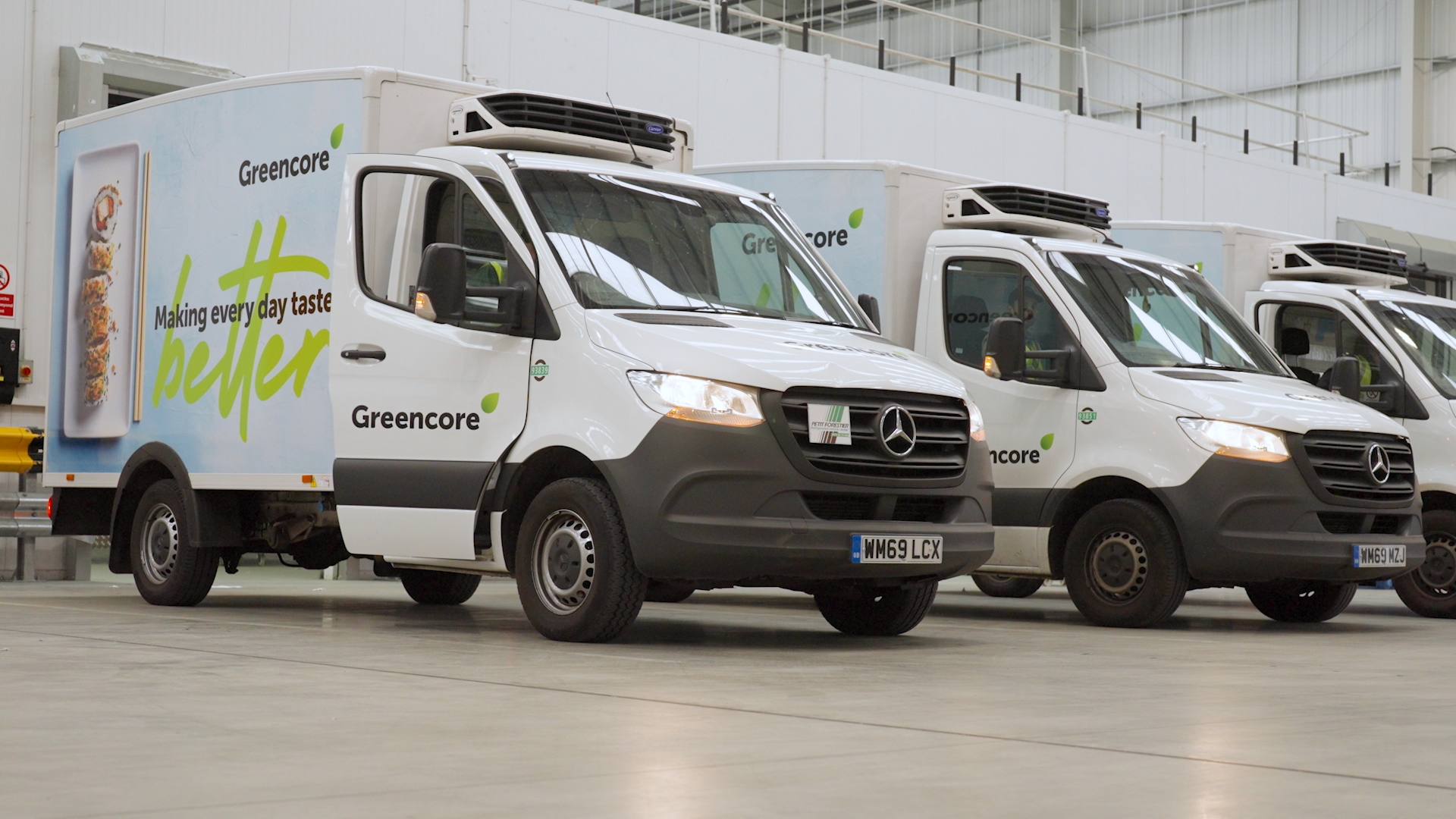
Greencore is rolling out Webfleet telematics after a 3.9% average improvement in mpg following an eight-week trial.
The integrated telematics and camera solution will be used across its entire fleet of 525 vans and 136 HGVs.
“We wanted a sophisticated system which could deliver all the data we needed but in a simple to use package,” explained Jeremy Fitton, head of logistics at Greencore.
“Webfleet’s interface has been so intuitive that we’ve had fantastic engagement from our depot managers from the get-go.”
He added: “The cutting-edge solution is continually monitoring our drivers’ behaviour using advanced algorithms and AI learning, helping them to drive safer and greener.”
Telematics data also revealed that 2.65% of all fuel was being wasted due to idling, with 80% of idling incidents happening at the depots when drivers were running their vehicles for longer than necessary to reduce the temperature of their fridges.
The company is planning to launch a driver academy to recognise drivers’ efforts, improve their driving skills and reduce vehicle road traffic collisions further.
Beverley Wise, webfleet regional director for Bridgestone Mobility Solutions, said: “Fleet management solutions which leverage the power of AI are having an increasingly powerful impact on driver safety.”
Whistl commits to 2045 net zero strategy
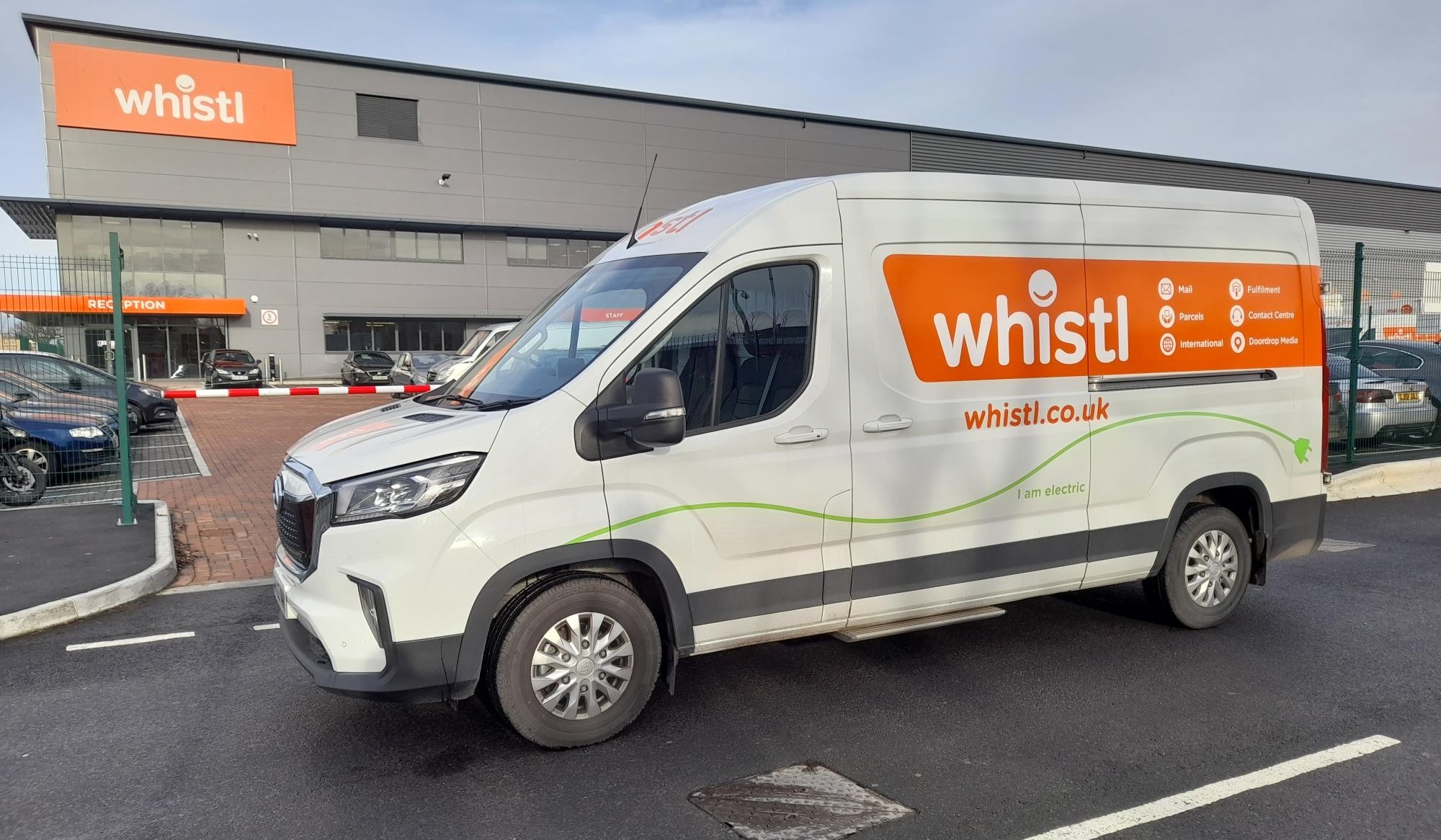
Whistl has announced its strategy to achieve net zero by 2045, taking a two-stage approach.
From a baseline of 2022, the short-term aim is a 21% emissions reduction by 2030.
By 2045, it expects to have reduced by 95% its annual carbon dioxide equivalent emissions to under 37,544 tonnes.
The net zero strategy is targeting a zero and ultra-low emission small van fleet by 2030 and zero and ultra-low emission HGV fleet by 2040.
Facilities, meanwhile, will have procured renewable electricity across all its sites by the end of 2025, and will collaborate with our carriers and suppliers to obtain carbon data and set science-based net zero targets through a supplier engagement programme.
Nigel Polglass, chief operating officer and ESG board sponsor at Whistl, said: “Our aim is to be a sustainable business, not only financially but also within the environment and communities in which we operate, and I am delighted that we are able to announce our ambition to achieve net zero by 2045.
“We believe in taking a science-based approach to this important issue and, particularly in the logistics sector, we are dependent on innovation and collaboration from our suppliers to enable us to reach this goal.
“We also look forward to developing new products and services for our customers that will enable them to reach their own carbon reduction targets.”
Charles Jackson and Co targets safety improvements with Inseego
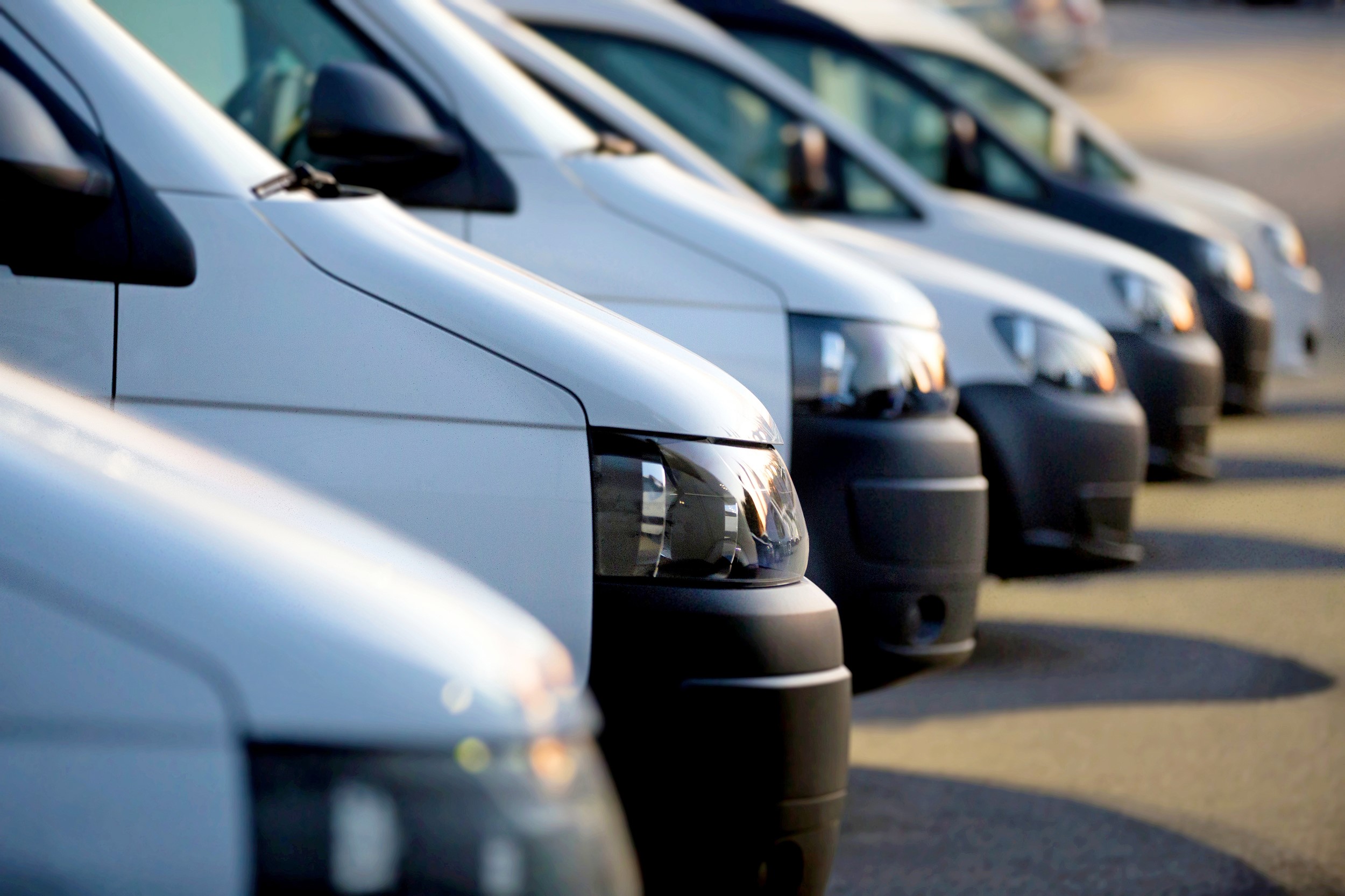
Charles Jackson and Co has rolled-out Inseego’s AI-powered fleet dashcam solution to its specialist haulage operation to target safety and insurance improvements.
It follows the successful adoption of the AI cameras on plant equipment used to transport and load grain and animal feed at the company’s storage, cleaning and drying facilities in Buckby, Northamptonshire.
“We have been hugely impressed with quality and accessibility of video footage, which has already provided us with added insight into our onsite plant equipment,” explained Martyn Moylan, training and safety manager at Charles Jackson and Co.
“Since the initial installation of the AI cameras last year, we have experienced a clear reduction in speeding and driver distraction events, so it made complete sense to extend the solution to our haulage fleet.
“The ability to prevent incidents from happening in the first place, by proactively alerting the driver to their behaviour, has been particularly useful,” he added.
The company operates a fleet of HGVs and a mix of tipper, curtain-side and bulk blowing trailers.
“The combination of live tracking, incident alerting and driver status monitoring will help us encourage responsible driving and reduce collisions,” said Moylan.
“If an incident does occur, we will be able to quickly respond to ensure driver welfare and manage the insurance claims process, as well as using video and supporting data to undertake an effective investigation. Individual or anonymised footage will also support our targeted driver feedback and training strategy.”
Steve Thomas, managing director of Inseego, said: “We are seeing a growing demand from vehicle and plant operators as they recognise the proven safety, insurance and efficiency improvements that can be made.”
Microlise adds AI driver-facing cameras to product portfolio
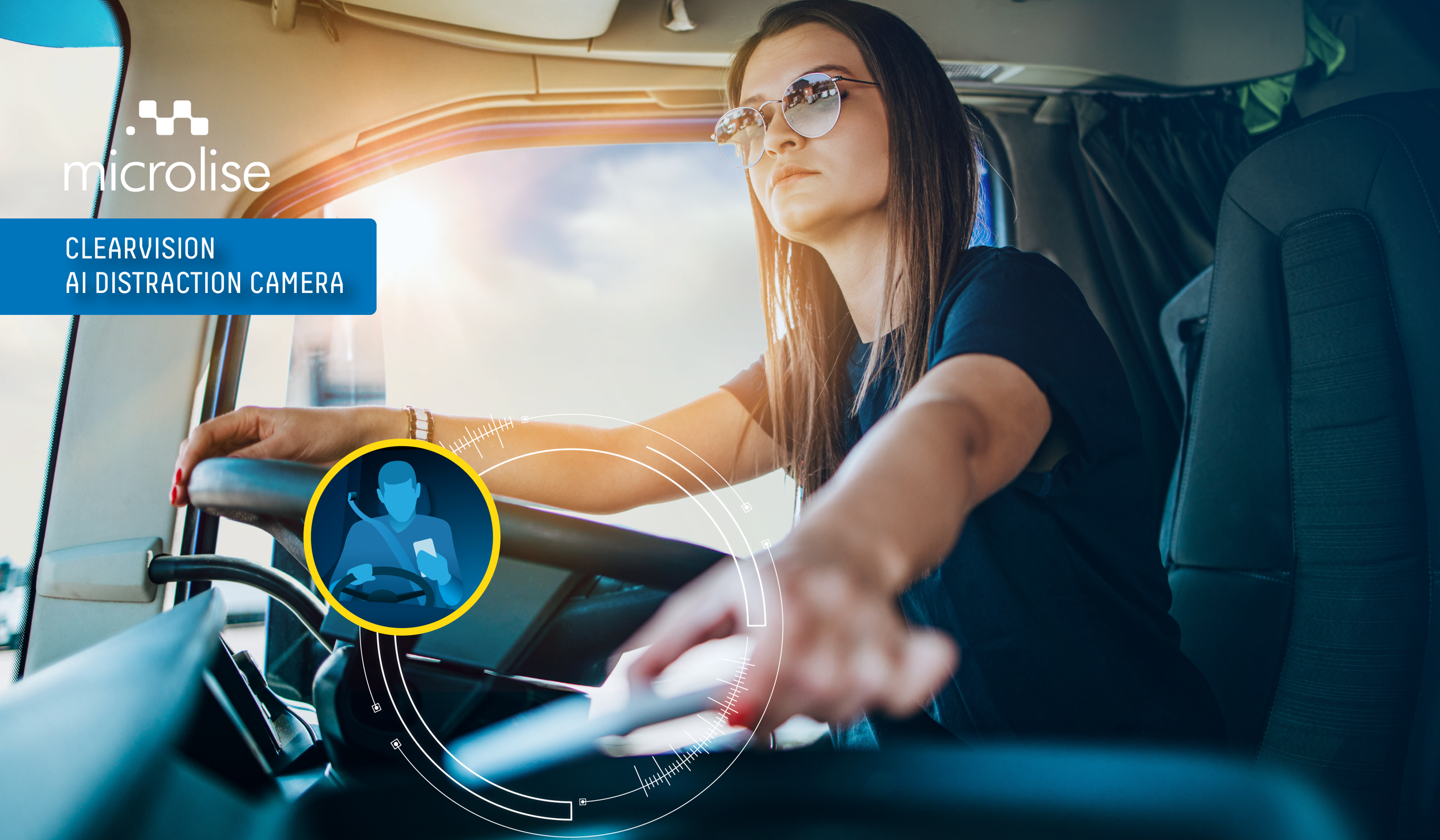
Microlise Group has launched a driver-facing camera to address the critical issue of driver distraction.
The ClearVision AI Distraction Camera uses artificial intelligence (AI) algorithms to detect and mitigate distractions, significantly improving fleet safety.
It will enable near real-time monitoring of driver behaviour, says Microlise, and can accurately detect various forms of distraction – including mobile phone usage, eating, drinking, and smoking – and provide immediate feedback to drivers, helping them understand the risks associated with their behaviour.
With real-time audio and visual alerts, drivers can quickly correct their actions, reinforcing safe driving habits and reducing the likelihood of accidents, it adds.
Where a driver does not alter their behaviour, an event is registered in the Microlise system to be picked up at a debrief.
The camera, meanwhile, captures video evidence, enabling fleet managers to review incidents and provide targeted coaching and training to drivers when necessary.
Nadeem Raza, CEO of Microlise, said: “We are thrilled to introduce our ClearVision AI Distraction Camera, which represents a major step forward in fleet safety technology.
“Driver distraction is a serious issue that requires proactive measures, and our cameras offer a proactive and effective solution.
“By leveraging the power of artificial intelligence (AI), we can create a safer driving environment and, ultimately, help to save lives.”
Prohire publishes first annual ESG report
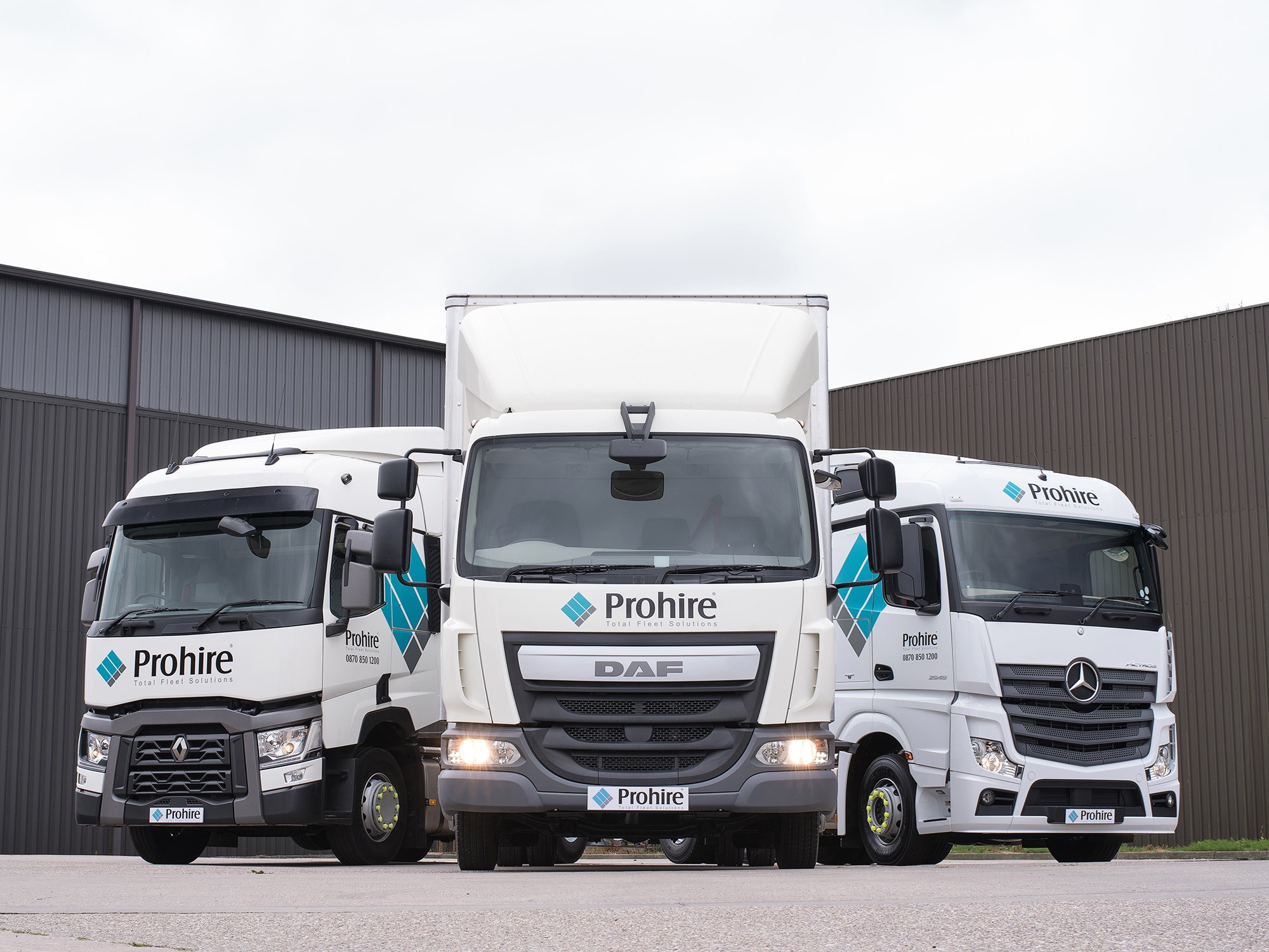
Prohire has published its first annual ESG (environmental, social, governance) report which sets out its commitment to sustainable vehicle hire through reducing the carbon, water and waste footprints of the company and its customers.
Prohire, which is based in Stoke-on-Trent, launched its sustainable vehicle hire and alternative fuels division ProGreen in 2021.
It aims to support its customers in achieving their net zero ambitions by decarbonising fleets via the deployment of high-performing, reliable, zero-emission vehicle technology.
This includes advising customers from sectors including foodservice, catering, chilled food, pharmaceuticals, building products, leisure retail and brewing, office supplies and waste management on their respective commercial fleet sustainability programmes.
In 2022, ProGreen supported over 450 businesses to develop their fleet ESG strategy.
Through ProGreen, Prohire has added electric, hybrid, and connected vehicles to its fleet with more than 10% of its new vehicles deployed being of an alternative technology in 2022, with a target to increase this to 30% in 2023.
Pat Skelly, CEO at Prohire, said: “The progress we have achieved to date in reducing the carbon and waste footprint of our business, as well as supporting our customers in their sustainability journeys has been significant but we recognise there is more to be done in achieving the stated government emissions reduction targets.
“We’re excited to continue on our journey toward a better, more sustainable future.”
Other initiatives which Prohire is rolling out in 2023, as part of its ESG strategy, include carbon literacy training for employees, reducing business travel by 25%, reducing waste to landfill and paper usage by 50% by the end of the year, reengineering Prohire’s vehicle tyre supplier base to increase sustainable disposal and eliminate waste, the installation of new efficient lighting throughout the company’s HQ and increasing charging infrastructure throughout locations in the UK.



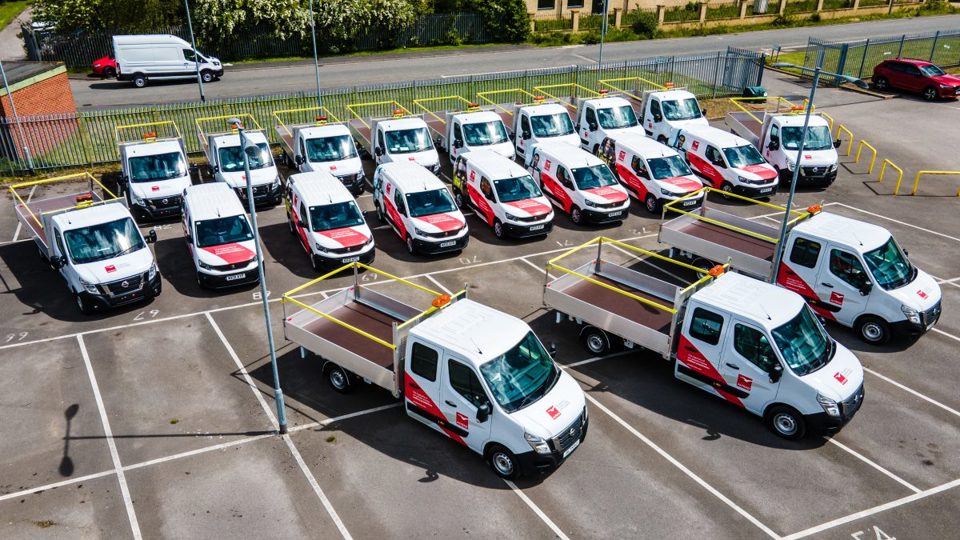

















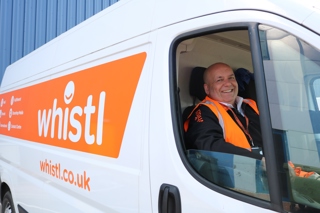
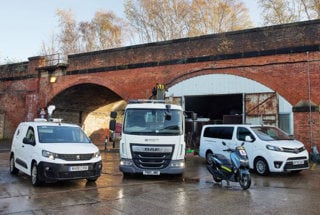
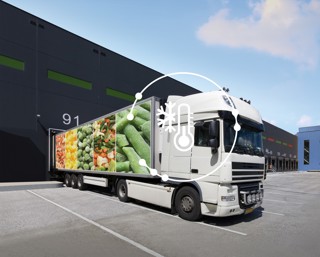
Login to comment
Comments
No comments have been made yet.